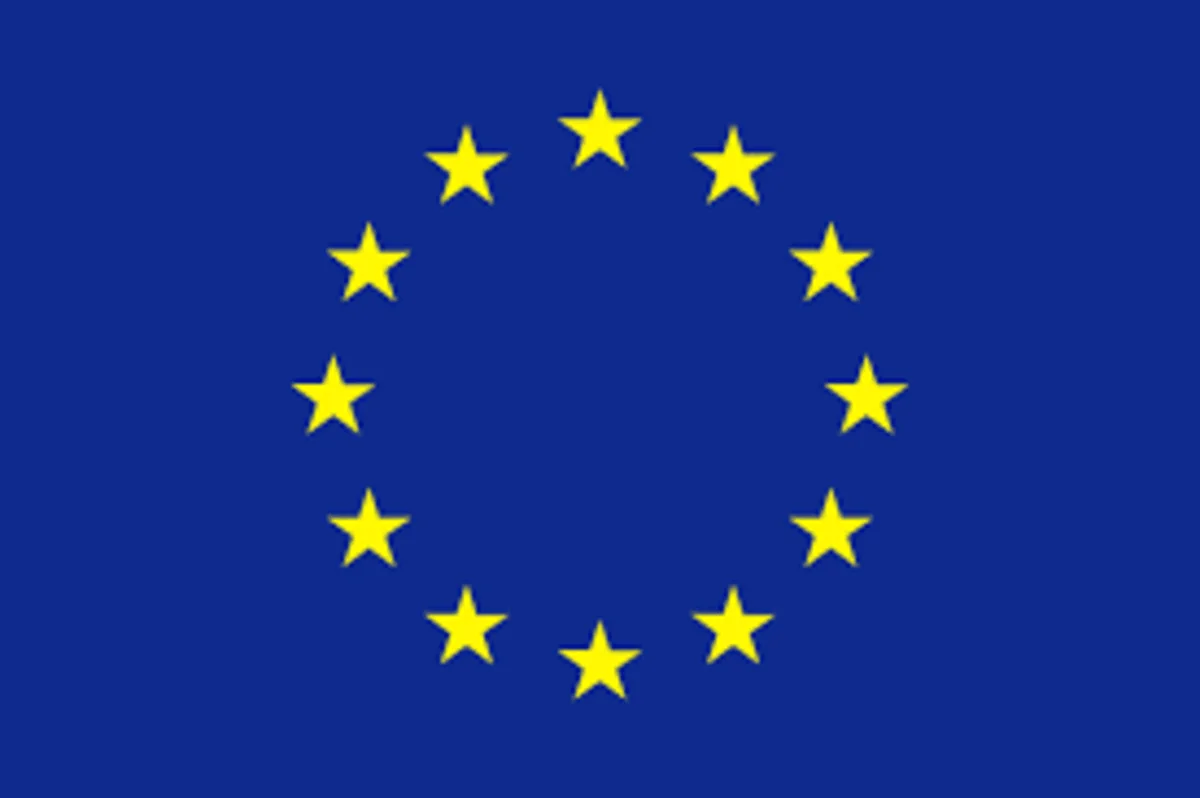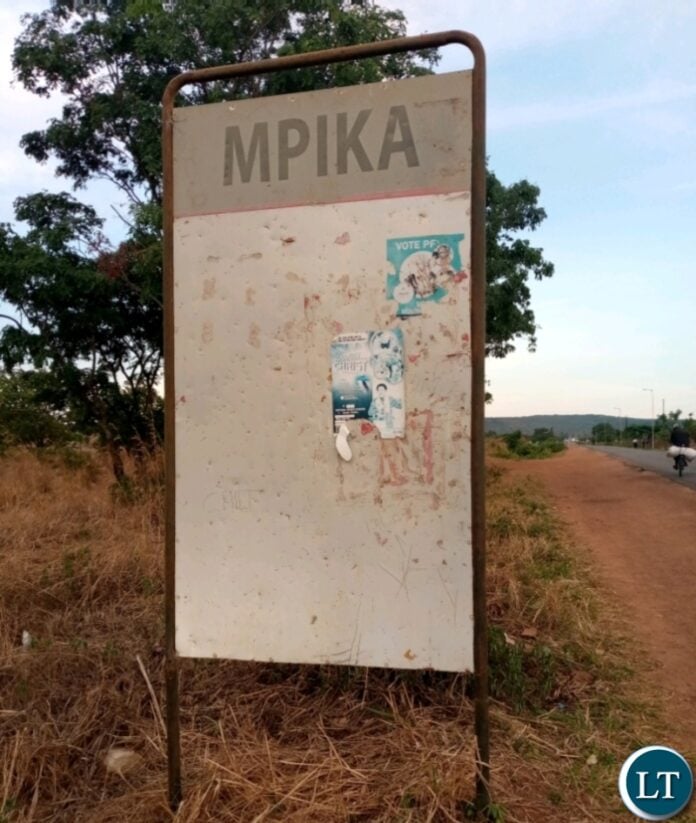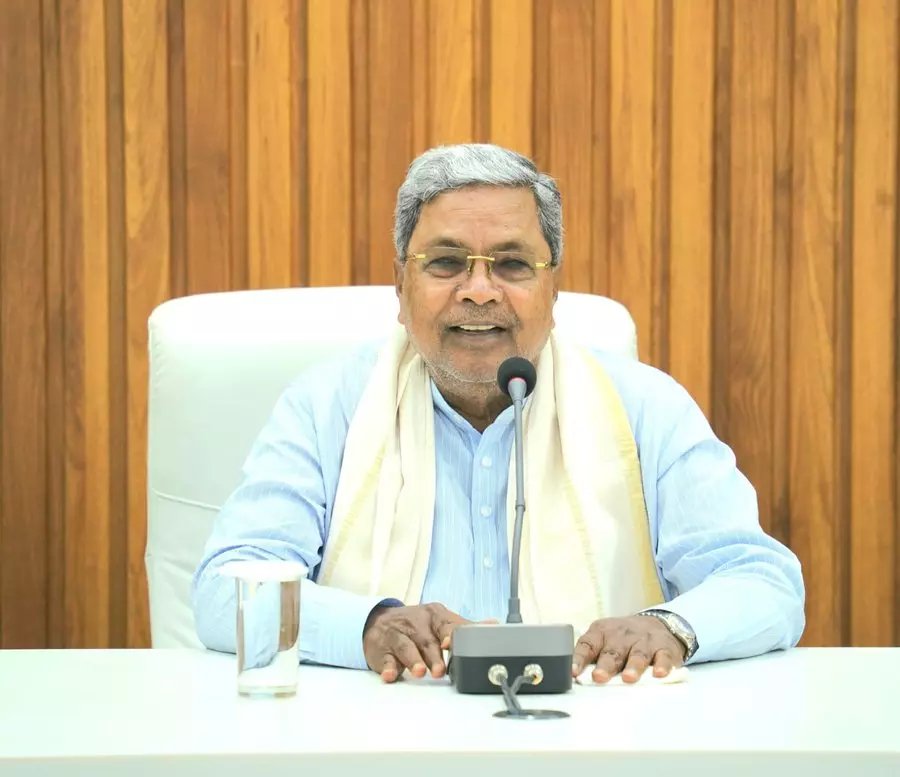By Yomi Ayeleso
Copyright tribuneonlineng

The European Union has selected Ekiti State as one of the pilot states to implement the Deforestation Regulation (EUDR) Compliance Project in Nigeria.
The Ekiti State Commissioner for Agriculture and Food Security, Ebenezer Boluwade, made this announcement after receiving the TRACE Project team in Ado-Ekiti, the state capital.
The delegation included representatives of the Food and Agriculture Organisation (FAO), GIZ, and the European Union, who are partnering to drive the initiative.
The Commissioner explained that the EUDR, which takes effect in January 2026, is a regulation designed to ensure that cocoa and other select products exported to the European Union are from areas that have not been deforested during the entire course of the production of the cocoa.
He noted that Ekiti State’s selection as a pilot location was a recognition of the State’s robust forestry regulations and its strong commitment to sustainable farming practices.
“Ekiti State already has clear regulatory guidelines on protected forest areas and zones earmarked for sustainable agriculture, which align with the objectives of the EUDR.
“The state is currently working on the Land Use Land Cover (LULC) system with support from the UK-funded Propcom++ programme to enhance sustainable land management,” he said.
He assured the partners that over the next few weeks, ” the Ministry will intensify collaboration with cocoa exporters, brokers, local buying agents, and farmers to harmonise interventions that will ensure smooth compliance with the new EU requirements.”
The commissioner said, “Ekiti State is proud to be at the forefront of this landmark initiative. We are committed to working with our international partners to ensure full compliance with the EUDR while positioning our cocoa sector for growth, sustainability, and prosperity.”
He emphasised that Ekiti’s selection was made possible through the good governance and visionary leadership of Governor Biodun Oyebanji, whose administration has prioritised environmental sustainability, agricultural transformation, and global competitiveness.
The TRACE Project, funded by the U.S. Department of Agriculture’s Food for Progress Program, is a five-year initiative aimed at improving Nigeria’s cocoa productivity through climate-smart agriculture and strengthening traceability to boost international market access.
ALSO READ TOP STORIES FROM NIGERIAN TRIBUNE



